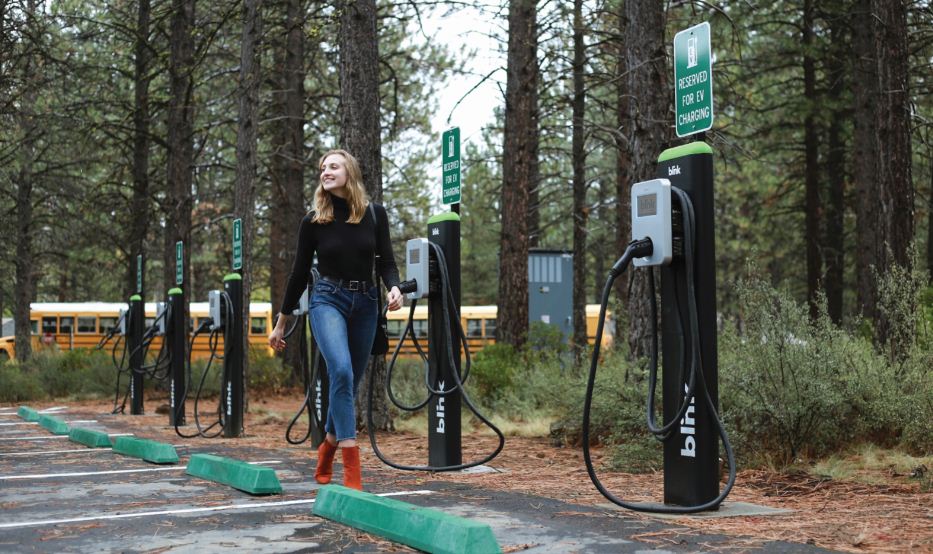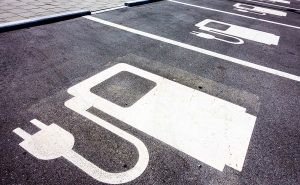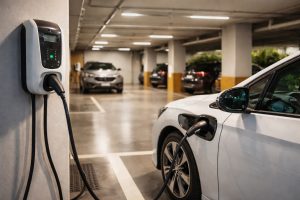
Blink Charging Relies on Public Incentives to Increase Investment in Charging Infrastructure

The United States has set the goal that by 2030, 50% of the electric vehicle fleet in the country will be electric. In this regard, the White House has issued legislation and provisions to enforce the goals set.
The program seeks to stimulate domestic manufacturing, strengthen supply chains, boost competitiveness, and generate new jobs.
Currently, electric vehicle sales have tripled and the number of publicly available charging ports has grown by more than 40%.
According to official figures, there are more than three million electric vehicles on the road and more than 135,000 public electrified car chargers across the country.
Read also: Strategic Alliance Between Enel X Way, SQM, Tucar and Kia Boosts Uber Green Platform in Chile
Key Players in Charging
One of the leading infrastructure companies, like Blink Charging, committed to invest $49 million to increase its manufacturing capacity in Bowie, Maryland, from 10,000 to 40,000 chargers per year by 2024.
Private companies, like Blink, are driving their investments because of incentives like the Inflation Reduction Act that adds and expands tax credits for the purchase of new and used electric vehicles, which helps bring the benefits of clean energy to communities across the country.
The law also provides benefits for electrifying heavy-duty vehicles such as school buses and includes support for the installation of residential, commercial and municipal electric vehicle charging infrastructure.
These incentives complement investments in the Bipartisan Infrastructure Act and other federal initiatives that are driving domestic electric vehicle and battery manufacturing and the development of a national electric vehicle charging network that provides access to disadvantaged and low-income communities.
Economic Impact
The mandated regulations and incentives will reduce the cost of electric vehicles and expensive infrastructure; increase consumer demand and competition; promote equity and inclusion; and accelerate the growth of the electric vehicle market.
Currently, companies and nonprofits, including Blink Charging, the National Automobile Dealers Association, Pacific Gas & Electric, Uber, Zipcar and others, are announcing new commitments to expand electric vehicle fleets, increase consumer education and increase the availability of electric vehicle charging.





